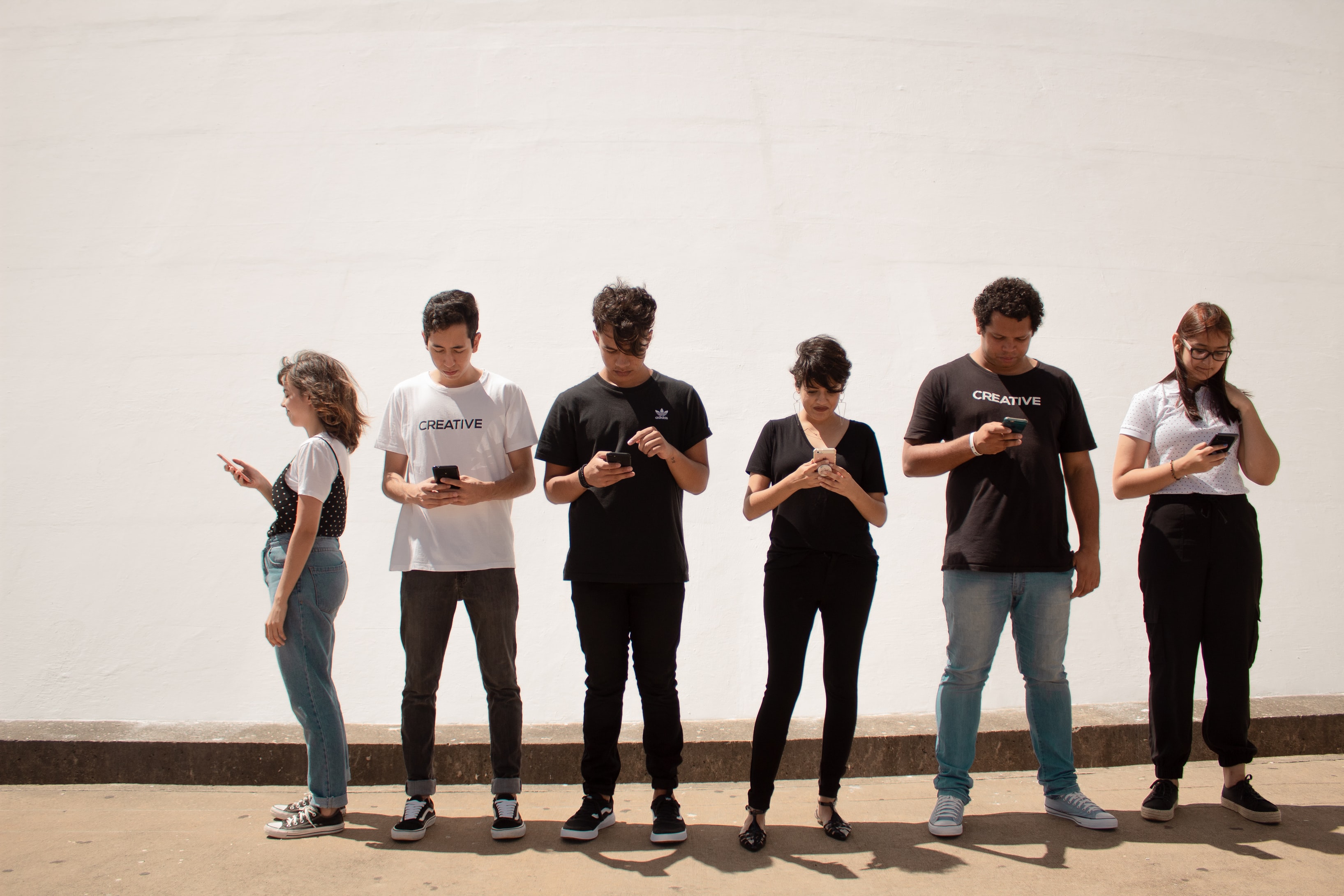
Social media and the internet have become major aspects of both our personal and professional lives. Roughly 31 percent of U.S. adults claim they are almost always online, according to a 2021 survey conducted by the Pew Research Center. This number jumps to 44 percent for those in the 18-49 age demographic.
Spending time online often is inevitable for us as college students. We are expected to submit assignments, conduct research and use learning tools online. Because of the amount of time we spend online, we must learn to set aside time during which we disconnect from social media and the internet.
While social media helps us connect with people, especially those who might be far away from us while we are at college, excessive social media use has been linked to mental health issues such as depression and anxiety, as well as feelings of isolation and inferiority. As social beings, we must remember that we require in-person interactions to remain healthy.
Digital media use can also harm sleep patterns, and it can affect brain stimulation and creativity, according to a study by Harvard Medical School. To experience healthy brain stimulation and prevent physical health issues associated with screen use, we need to recognize the importance of interacting with reality.
As a college student, it can become difficult to avoid constant internet use for schoolwork. As a result, it is important to set aside time to put devices aside and to spend free time interacting with the people and the world around us. During our free time, we should try to limit social media use and instead focus on other activities that allow us to take a break from screens.
For example, to avoid excessive screen use, my friends and I set our phones aside during shared mealtimes. We completely disconnect during these times, ignoring or silencing notifications and placing phones to the side or middle of the table. This time is valuable because it helps us focus on each other and develop a lively, enjoyable conversation that builds our friendship. It also allows us to listen to each other without distractions, an aspect of interaction that we forget to do too often.
Some other ways to disconnect and take a break from screen time that I use in my own life include reading, finding other fun projects to work on, exercising and spending time with friends. Silencing devices or even leaving them behind when engaging in these activities can enhance the enjoyment of these activities and can make you feel free from the burden of usual obligations. Devices can increase anxiety, and by completely eliminating devices for set periods of time, we can become healthier individuals.
Phones are addictive. It is tempting to check every notification and to look at what everyone else is doing by scrolling through social media. Sometimes, though, it does not matter what other people are doing and posting. Let’s make a habit of looking up from our devices and disconnecting from our headphones more often because there are interesting people, events and details going on around us all the time. If we take the time to look around, we might not miss those gems, and we might feel happier and freer than we ever expected.


